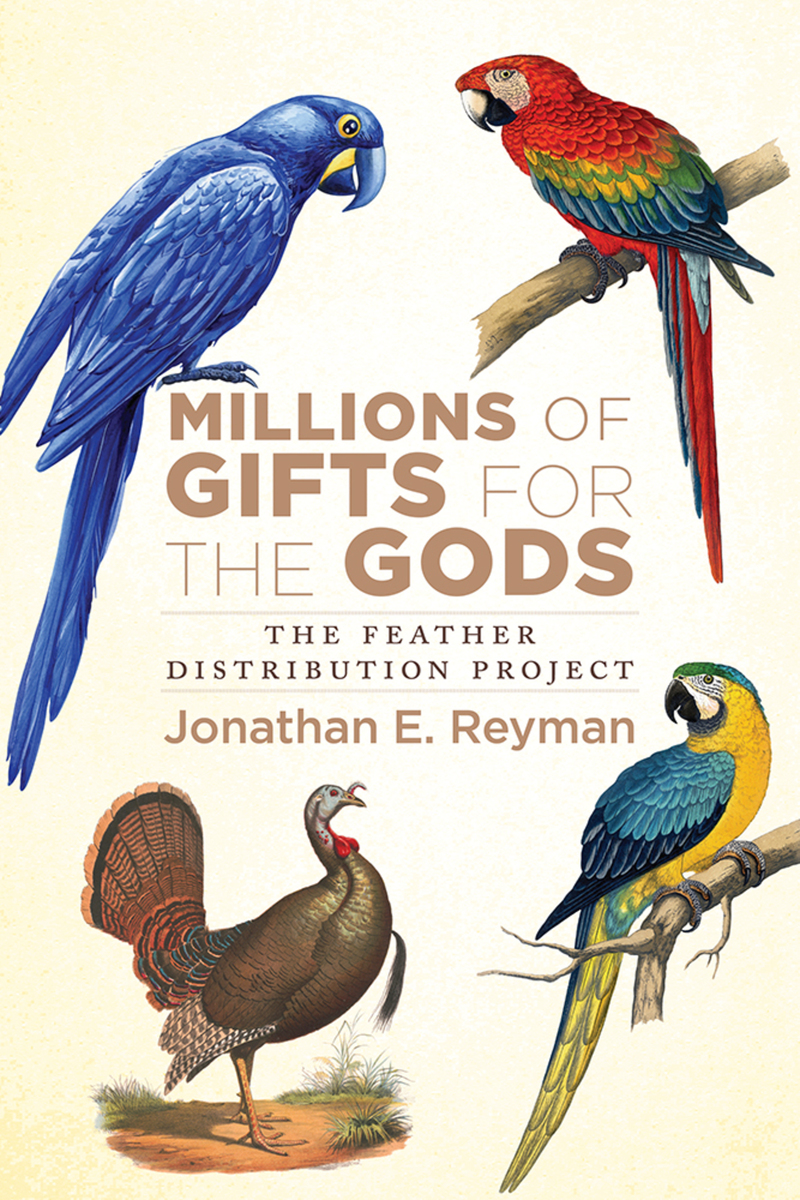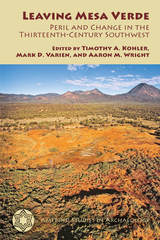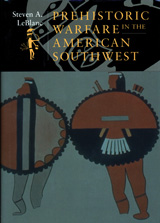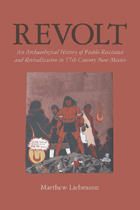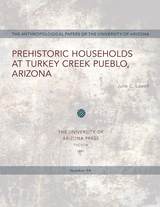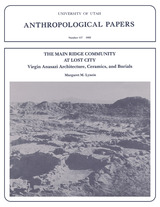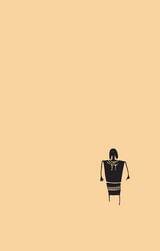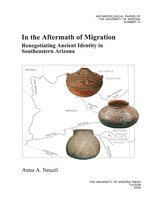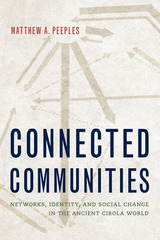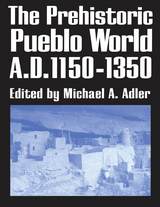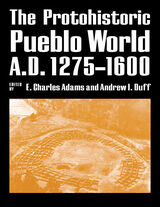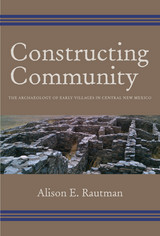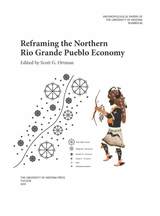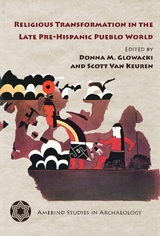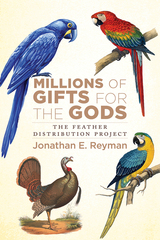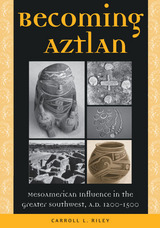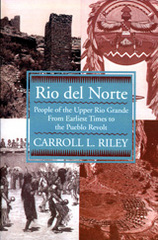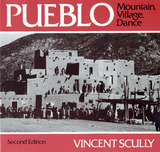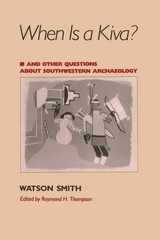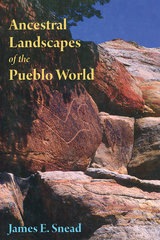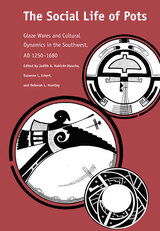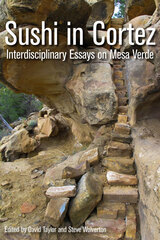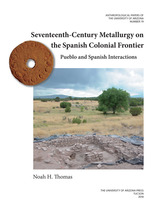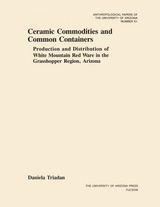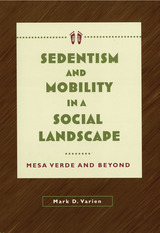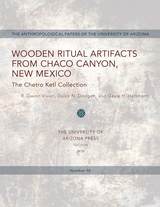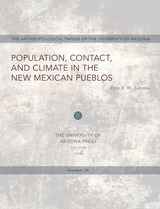Millions of Gifts for the Gods: The Feather Distribution Project
University Press of Colorado, 2025
Cloth: 978-1-64642-753-6 | Paper: 978-1-64642-776-5 | eISBN: 978-1-64642-754-3 (all)
Library of Congress Classification E99.P9R39 2025
See other books on: Applied anthropology | Gods | Pueblo Indians | Rites and ceremonies | Southwest, New
See other titles from University Press of Colorado
Cloth: 978-1-64642-753-6 | Paper: 978-1-64642-776-5 | eISBN: 978-1-64642-754-3 (all)
Library of Congress Classification E99.P9R39 2025
ABOUT THIS BOOK | AUTHOR BIOGRAPHY
ABOUT THIS BOOK
In Millions of Gifts for the Gods, Jonathan E. Reyman chronicles a remarkable thirty-four-year applied anthropology initiative that bridged ancient traditions with contemporary conservation challenges. From 1982 to 2015 the Feather Distribution Project addressed the critical need for macaw, parrot, and wild turkey feathers essential to Pueblo religious practices, directly supporting their constitutional right to freedom of religion.
Grounded in Sol Tax’s concept of “action anthropology,” the project facilitated community-driven decision-making rather than imposing external solutions. This collaborative approach enabled Indigenous communities to maintain cultural practices that have persisted for over a millennium, dating back to the Ancestral Pueblo people and the Mogollon and Sinagua tribes, who viewed birds as sacred beings that helped humans emerge from the underworld. Yet the project’s impact extended far beyond cultural preservation. Over three decades, it distributed approximately 14.5 million feathers, valued at $20 million, to the Southwest Pueblos and other Indigenous Americans at no cost to them. Through partnerships with turkey hunters, zoos, bird clubs, the National Wild Turkey Federation, and dozens of volunteers, the initiative reduced illegal bird smuggling from Latin America, alleviated pressure on threatened bird populations, and eliminated harmful plucking practices.
Millions of Gifts for the Gods is an extended case study in applied anthropology, demonstrating how sustained collaboration between anthropologists and Indigenous communities can effectively address complex cultural, legal, and environmental challenges while preserving sacred traditions. This unique project is of special interest to anthropologists working in the American Southwest, as well as students and scholars of archaeology, ethnography, and ethnohistory.
Grounded in Sol Tax’s concept of “action anthropology,” the project facilitated community-driven decision-making rather than imposing external solutions. This collaborative approach enabled Indigenous communities to maintain cultural practices that have persisted for over a millennium, dating back to the Ancestral Pueblo people and the Mogollon and Sinagua tribes, who viewed birds as sacred beings that helped humans emerge from the underworld. Yet the project’s impact extended far beyond cultural preservation. Over three decades, it distributed approximately 14.5 million feathers, valued at $20 million, to the Southwest Pueblos and other Indigenous Americans at no cost to them. Through partnerships with turkey hunters, zoos, bird clubs, the National Wild Turkey Federation, and dozens of volunteers, the initiative reduced illegal bird smuggling from Latin America, alleviated pressure on threatened bird populations, and eliminated harmful plucking practices.
Millions of Gifts for the Gods is an extended case study in applied anthropology, demonstrating how sustained collaboration between anthropologists and Indigenous communities can effectively address complex cultural, legal, and environmental challenges while preserving sacred traditions. This unique project is of special interest to anthropologists working in the American Southwest, as well as students and scholars of archaeology, ethnography, and ethnohistory.
See other books on: Applied anthropology | Gods | Pueblo Indians | Rites and ceremonies | Southwest, New
See other titles from University Press of Colorado
